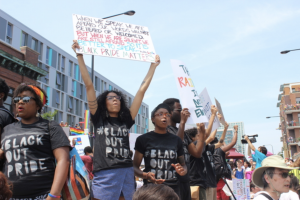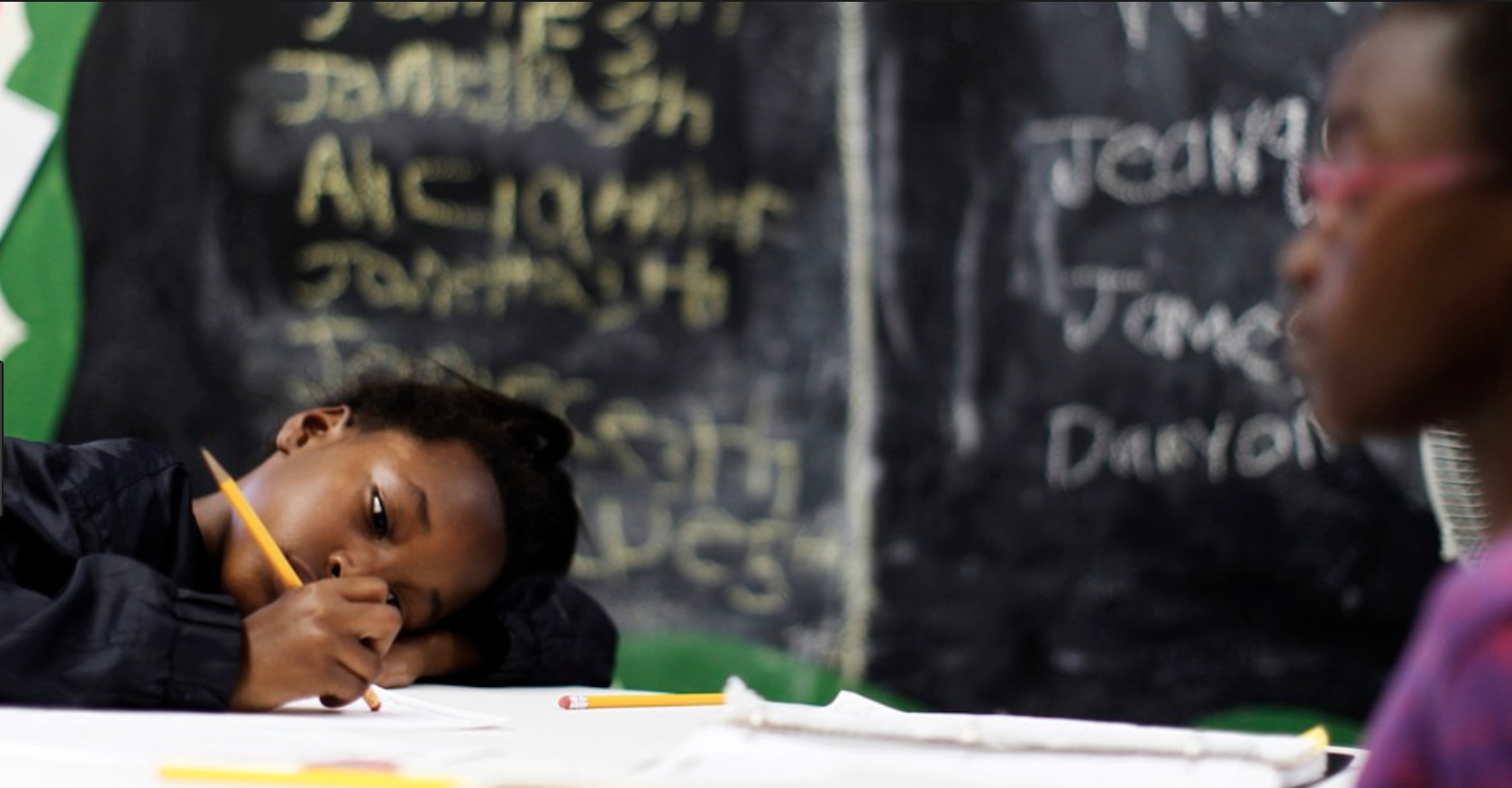How hard is it to do school when you are stressed out? Upset? Have you ever lost a loved one? A friend? How hard was it to cope? How did you do it? Did you have support? Family? Friends? Teachers? Were you alone? Did you feel alone? How did you act? Did you isolate yourself? Did you lash out? Did you cry?
For some, life is unpredictable. Loss can come quick, hard, and unexpected. One day you are talking to a person on the phone, asking advice, and the next you are getting a call – this person is dying, the cancer is about to win. My first-year of college I lost my mentor. I had never dealt with the loss of someone close to me, and I had no idea how to react. I was in the middle of the semester, playoffs for basketball, and was still a lost freshman. Then, I lost a rock in my life. No words can express the emotions I felt as I attempted to balance going about my daily life as if everything was okay when they were not.
In reflecting on this moment, I understand I was lucky to have the support of family and relative relative stability in other aspects of my life. But, this is not the case for everyone, especially youth from the South and West sides of Chicago, many of who experience the loss of multiple people. In addition to their losses, these young people are exposed to substantial challenges precipitating from generations of segregation, poverty, discrimination, exploitation, and economic and social exclusion.
Psychology Professor, James Garbino, found that children in violence-plagued neighborhoods in Chicago experience trauma comparable to children who from war-zones. However, a big difference Garbarino notes, is the children from war zones see that there is a social goal and a social purpose to the violence, whereas youth from Chicago just see crime. Further, the prevalence of crime in select Chicago neighborhoods in addition to poor relationships with police undermines the sense of security felt by Chicago youth, often heightening the symptoms of trauma.
The circumstances in Chicago have led to what some are calling a “public health crisis.” Chicago youth rarely get the treatment they need due to minimal resources and little awareness of the implications of trauma. Chicago is not unique in being trauma un-informed, but the circumstances make it a more pressing issue in for the South and West sides.
And yet, despite it all, Chicago prevails. There are so many Chicagoans working to make their home a safer, healthier, and happier place through community organizing. Too often these efforts are overshadowed by the harsh realities of violence, which gives Chicago, especially the South and West sides, a reputation that is not unjustified. Chicago has arguably the richest history of community organizing and activism in the nation. It is even the birthplace of Saul Alinsky who’s credited as one of the developers of the idea and methods of community organizing (Mayer).
Chicago is home to hundreds of grassroots organizations and activists, and has raised some of the most prominent civil rights politicians such as Harold Washington and the first black president, Barack Obama. Recently, it was the only major city to force the cancellation of a Trump rally. Accordingly, I find it important, and increasingly so, to see and honor the zealous efforts from communities in Chicago. And, equally important to note that despite the extensive efforts taken by oppressed communities, the government still fails to resolve the issues which continue to plague these communities.
Throughout my research, I have been impressed by the resilience of these communities, their commitment to each other, and their positivity. Sadly, it is apparent they’ve generally lost faith in the government, the media, and many outsiders, to help them. However, they are looking inward to themselves and each other to solve problems themselves. Many have adopted the attitude that they will be the ones to resolve their problems, and as Ella Baker says, they will be the ones to lead themselves to freedom.
It has also been extremely interesting to see Chicago grassroots organizing embody the principles of organizing presented by Saul Alinsky and Ella Baker. Nearly all of the organizations were community-centered, and possessed mission statements which stressed the importance of participatory democracy. Groups promoted collective action and responsibility, shared leadership styles, and individual and community empowerment. Additionally, I frequently came upon coalitions of multiple groups, which evidences their heightened awareness of the principle – strength in numbers.
In terms of trauma-related organizing, I was a bit unsettled about the lack of focus on schools. It is no secret that Chicago public schools have a full plate of problems, but I was unaware of the lack of attention given to trauma in light of youths’ high exposure to various forms of adversity. Violence was a popularly identified problem, yet little has been done to make schools trauma-informed. As a result, Chicago public schools fail to support traumatized students, and at times, also contribute to the problem, which leaves kids even more vulnerable and less likely to succeed in school and life.
Chicago public schools are ill-equipped to recognize, manage, and support traumatized students. And, this cannot simply be solved by money. Schools need to become trauma-informed. While this will require a lot of work, it will not necessarily a lot of money. Additionally, the implementation of trauma-informed curriculum, policies, and practices, will likely reduce the necessity for other resources, and as research shows, will generate more emotionally stable, happy, focused, and resilient students.
It is easy to become overwhelmed by the colossal amount of issues with public education in Chicago and in general, but this fear cannot deter thoughtful action. There are feasible changes that can be made, the issue is convincing powerful people to make them. I am optimistic that future generations of Chicago youth will have access to more resources and support in schools to deal with their trauma because there is a lot of hope from individuals within these communities, and if they have can have hope, despite being surrounded by hopelessness, then I have faith work can and will be done. As Chicago organizers (of all ages) plant seeds of hope, skill, and ambition in their communities through their work, I am confident we will see an impact. As the seeds bloom, it will be increasingly difficult for the government to ignore them, and soon they will have to listen.
This class has truly reaffirmed by belief in the importance of action, especially collective action. As Saul Alinsky and Ella Baker express in their philosophies of community organizing, it is imperative that individuals and communities understand that it is their right to be full participants in the decisions that affect their lives, for if they have no control over their lives then they are not free. Further, it is important that people recognize that they have agency to bring about change, and while this might not be easy nor yield immediate results, the very process of organizing and taking action always has some effect – whether it be in developing the individual, uniting the community, or placing more pressure on the government. Lastly, this class has heightened my awareness of the significance of togetherness. So little can be accomplished alone
“The world is before you and you need not take it or leave it as it was when you came in.” – James Baldwin

https://radfag.com/2015/06/28/happening-now-blackoutpride-action-disrupts-chicago-pride-parade/
